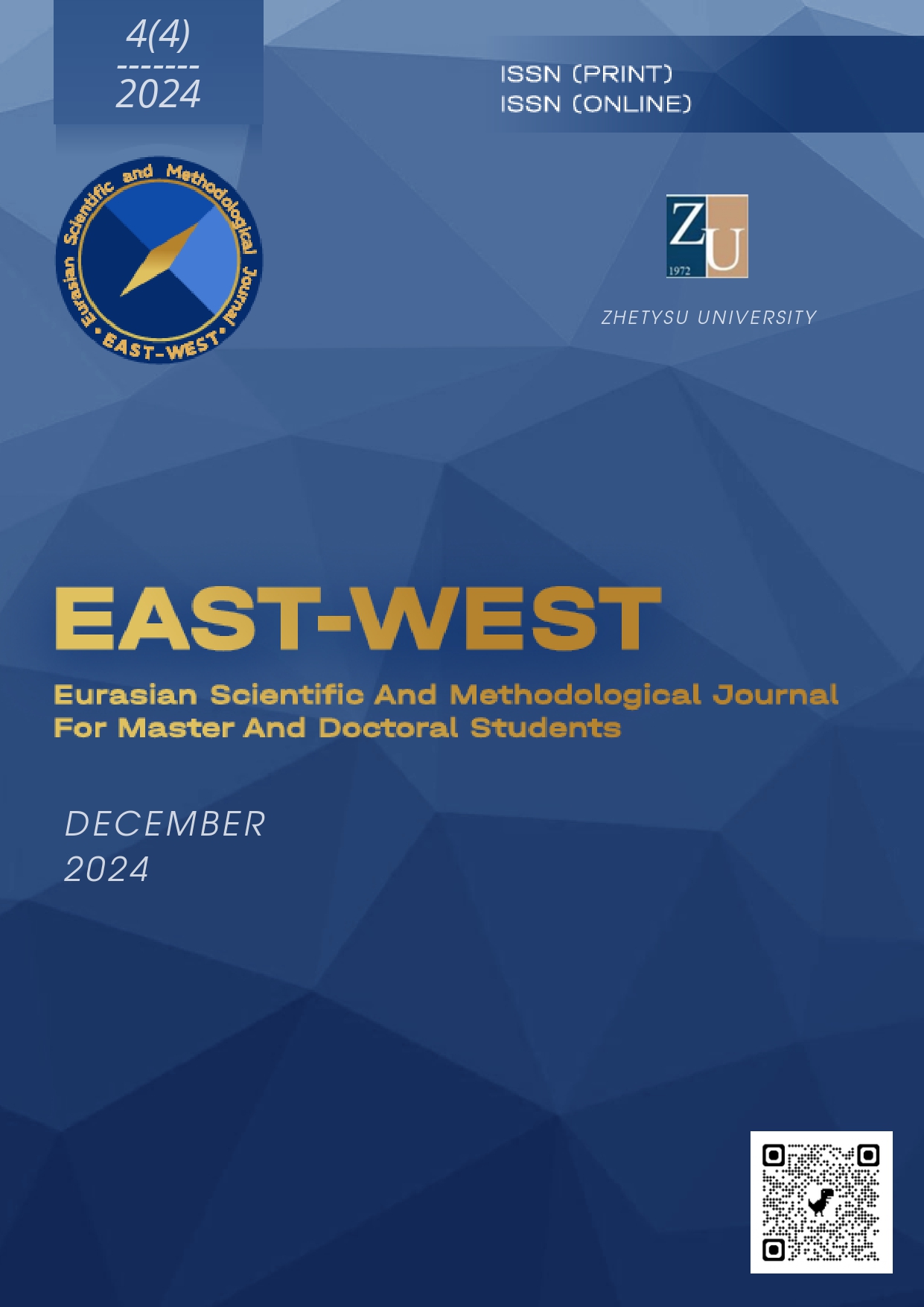Abstract
The topicality of this study lies in the necessity to propose an innovative approach to preparing foreign language specialists to work in the local technical industry as translators and interpreters in accordance with internationally recognized best practices. Myers-Briggs Type Indicator (MBTI), widely adopted by the research community worldwide, is barely known in the Republic of Kazakhstan despite explaining an individual's decision-making, perception, and interactions necessary for future specialists in the translation profession. 12 technical translators and 5 leading experts in the sphere of technical translation participated in the study. Such scientific methods as semi-structural expert interviews, code extraction data processing, and descriptive analysis were applied. The MBTI profiles of the participants were thoroughly reviewed and analized. The study revealed that the specialists with intuitive-logical type of personality (NT) significantly outperform the colleagues with sensory-logical types (ST) in technical interpreting although the latter can demonstrate the same quality of translating multimodal technical texts and be successful in building effective professional network provided it is deemed necessary. Both intuitive-logical (NT) and intuitive-feeling (NF) types are fearless when communicate to other colleagues. However, the first need people to improve their expertise whereas the second need support to build their career. Key criteria to a good technical translation or interpretation without specialized technical education are revealed: efficient network of communication, close proximity to a technical facility, intuitive-logical thinking, and accumulating one’s experience.


